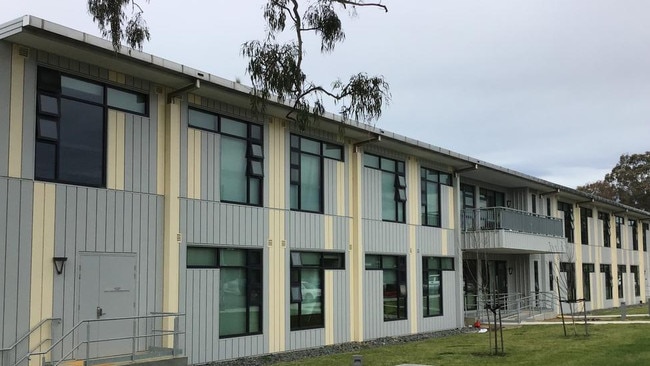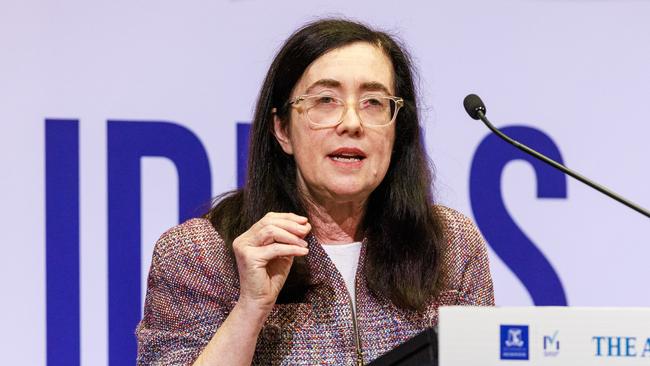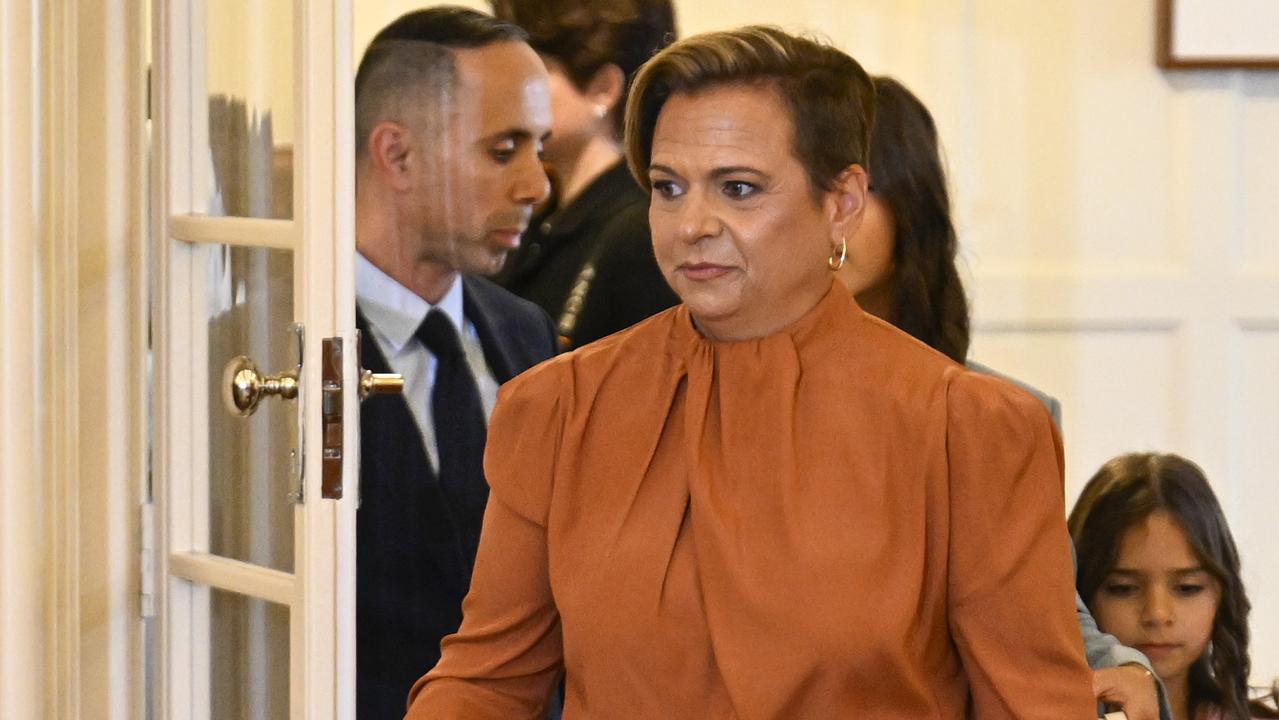Spotless, Ventia told ‘sharpen the pencils’ by Defence according to cartel lawsuit brought by ACCC
“They’ll both be hating on you guys,” a Defence official allegedly told Spotless and Ventia’s competition according to Australia’s competition cop, which is attempting to land a cartel prosecution.

Defence staffers told their facilities maintenance contractors to “sharpen the pencils” according to Australia’s competition regulator which is suing two major providers, Spotless and Ventia, for allegedly conspiring to drive up prices.
More details about the correspondence exchanged between Spotless, which is owned by ASX-listed Downer, and its co-accused Ventia can be revealed as the Australian Competition and Consumer Commission’s cartel case against them advances.
The ACCC has alleged three instances of cartel conduct between 2019 and 2022 to fix the prices of their services – including for housekeeping, pest control and waste management – across more than 200 Australian Defence Force bases. The allegations are denied by the defendants according to defences lodged with the Federal Court.
Each supplied Defence under separate billion-dollar contracts for bases and properties like Australia Lavarack Barracks, Victoria Barracks, Royal Military College Duntroon, Puckapunyal and numerous RAAF sites, according to the regulator.

In early December, ACCC chair Gina Cass-Gottlieb said: “We allege this conduct caused direct harm to the Commonwealth and ultimately Australian taxpayers.”
A third provider, BGIS, which is owned by CCMP Capital Advisors after it changed hands in 2019 from Brookfield, is not a party to the proceedings, but its executives and the company are mentioned in the ACCC pleading.
That pleading states that Defence executive Shane Brassington emailed BGIS executive Bradley Robbins in April 2019 after he received a note from another BGIS staffer explaining that their pricing did not include margin or GST.
“Gents in regard to Tara’s point below. I am really looking forward to a discussion in regard to BGIS margin for these works,” the claim states.
“The opportunity funding was never a bucket from which EMOS” – estate maintenance and operations services – “happily get fat from (sic) and I believe you should have a hard look at what you are proposing in fees (haven’t seen or heard anything yet) and sharpen the pencils.
“You will be interested to know that have been (sic) only two other discrete tasks nationally that have requested and been given approval for a PM. Whilst project section delivery was the go to for BGIS that was an internal decision and one I would hate to see a good deal of estate funding be lost to.”
The same day, the ACCC alleged Mr Robbins emailed his counterpart at Spotless, executive Jeffrey Collins.
“Hi Jeff, What is your position going to be here ? we understood margin to be applied or are you delivering at cost?”

The ACCC claimed Spotless, through another of its executives, Keith Milham, and at the instruction of Mr Collins, responded by email and copied to BGIS (which included Mr Robbins), Ventia (David Marsh) and others and allegedly stated: “Spotless has applied our contracted margin of 10 per cent for materials and subcontracted works, there will be no additional costs for management or delivery of these works.”
In his defence, Mr Collins expressly denied that he instructed his colleague Mr Milham to send the email.
The regulator also alleged BGIS, through Mr Robbins, replied to Spotless’ email copying in Spotless executives and Ventia executives, and wrote: “BGIS has applied our contracted margin of 10% for materials and subcontracted works, there will be no additional costs for management or delivery of these works.”
According to the ACCC, in an examination conducted on February 14, 2024, Mr Collins “admitted that, through the communications alleged in paragraphs 76 to 79 above, Spotless and BGIS agreed to ask Defence for a 10 per cent mark-up”.
But according to his defence, Mr Collins denies that.
The full statement of claim against Spotless and Ventia also lays out that if one contractor offered their services at a lower price, it would likely increase its prospects for competing for more work on Defence estates.
In an email from BGIS executive Thomas Haszard to Defence’s Mr Brassington on May 25, 2020, Mr Haszard noted BGIS’s peers were not happy about BGIS operating in their regions, according to the ACCC claim.
Mr Brassington said: “I guess you can expect some sour grapes particularly where the incumbent EMOS (contractors) was not asked to deliver that particular work,” he said.
“The decision of who delivers what and where rests wholly with DEWPO [Defence – Directorate of Estate Works Program Office] and NPS [National Program Services].”
Mr Haszard replied: “Yes, to be expected. Maybe they will learn the lesson of not lobbying for more markup to deliver stimulus works!”
To which Mr Brassington said: “Absolutely they’ll both be hating on you guys.”
The penalties sought by the ACCC are the greater of $10m, three times the total benefit obtained, or 10 per cent of the annual turnover of the company when the conduct occurred.




